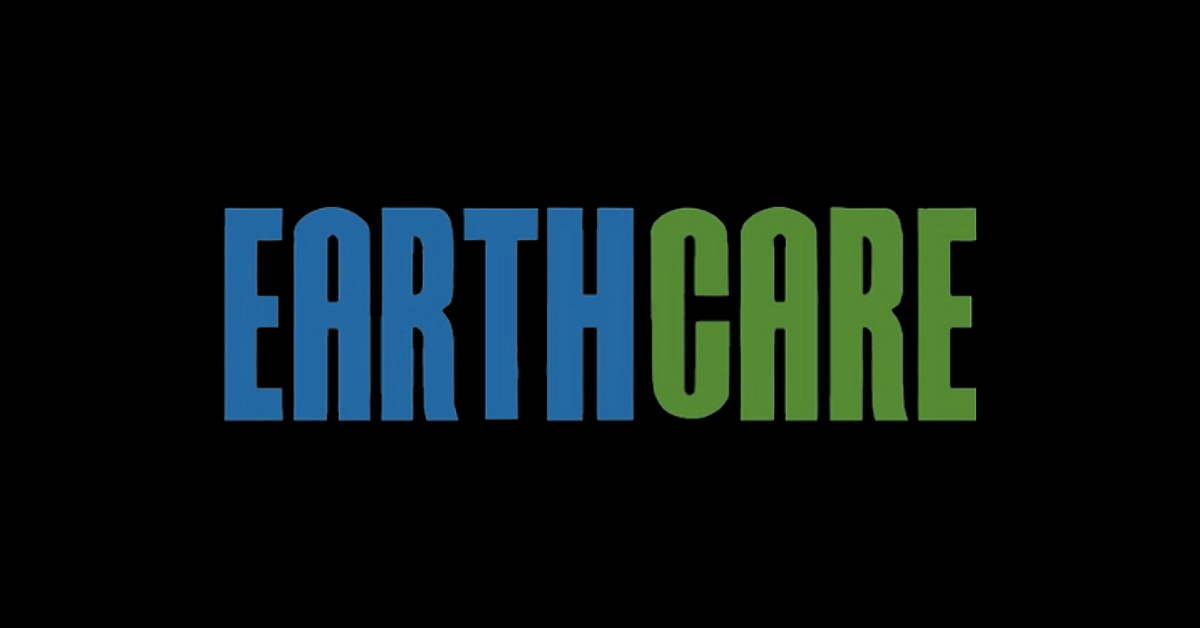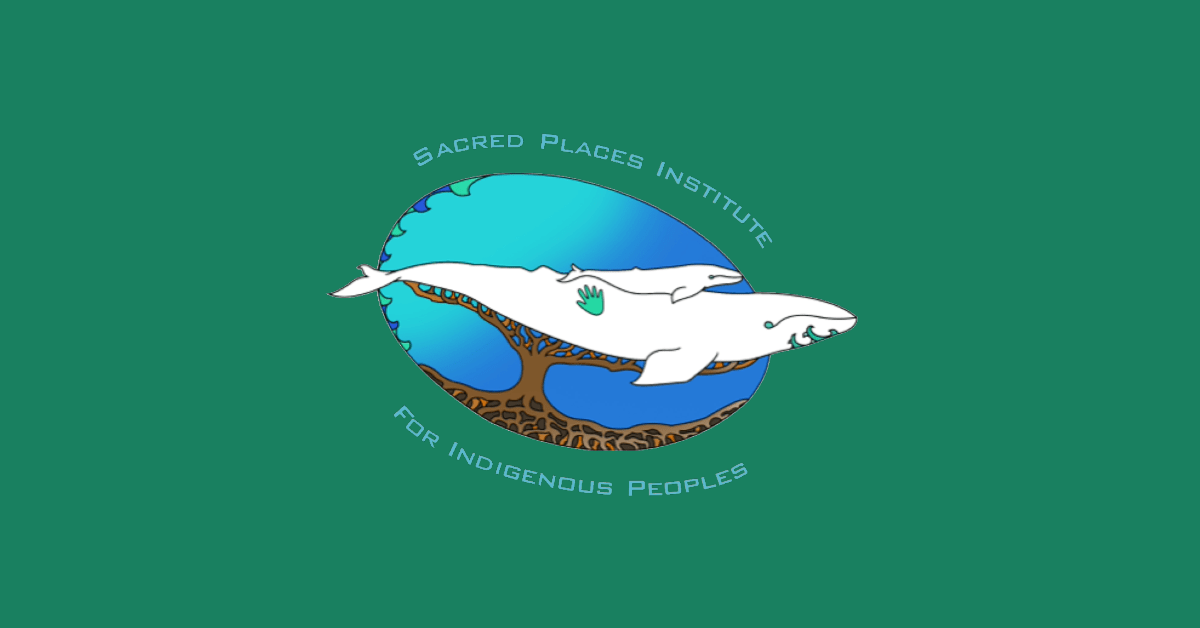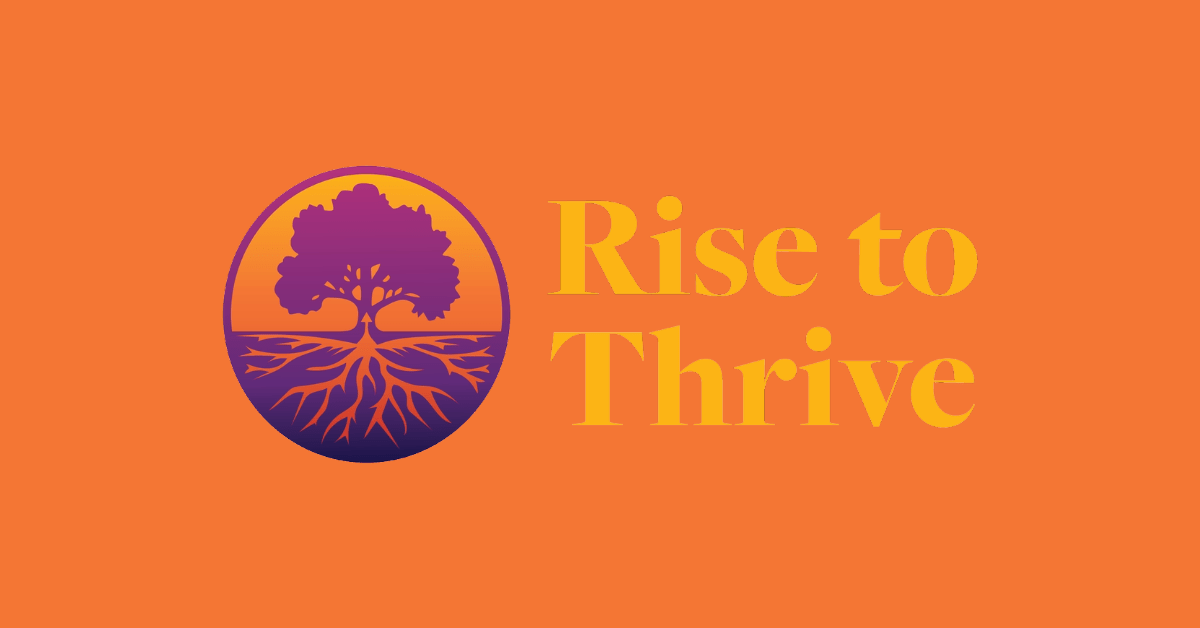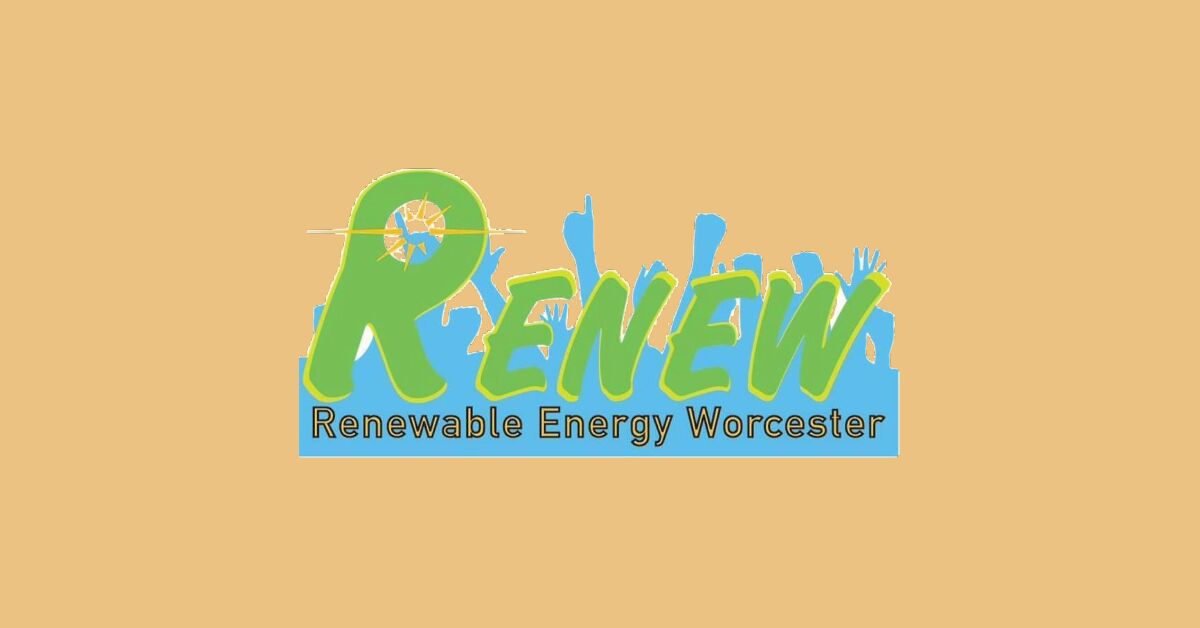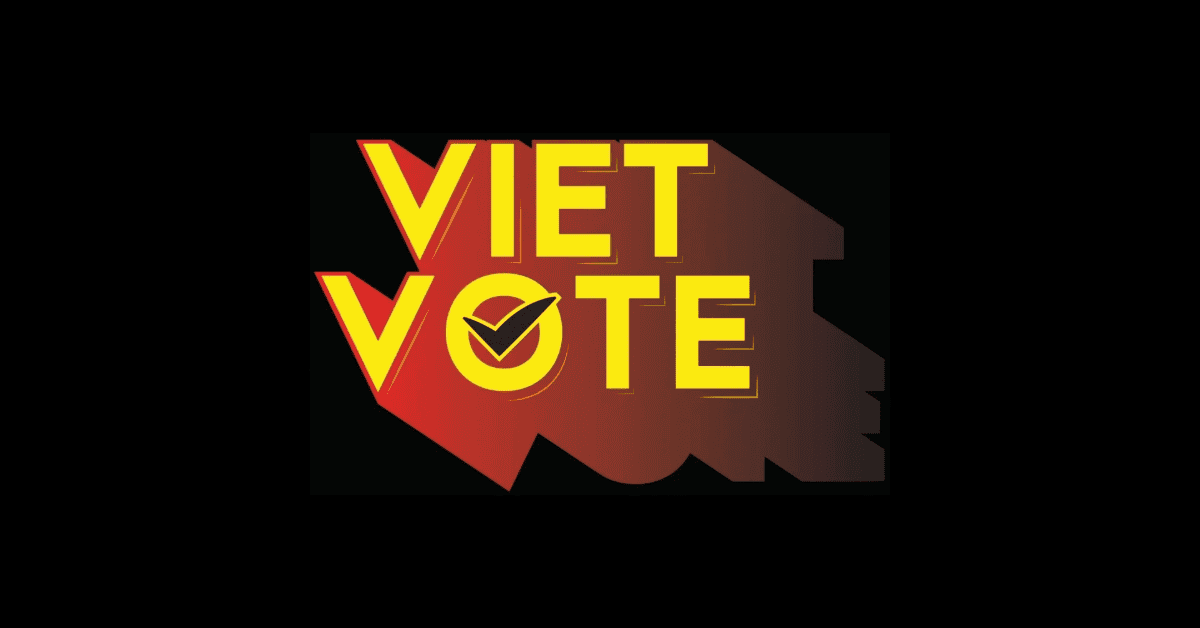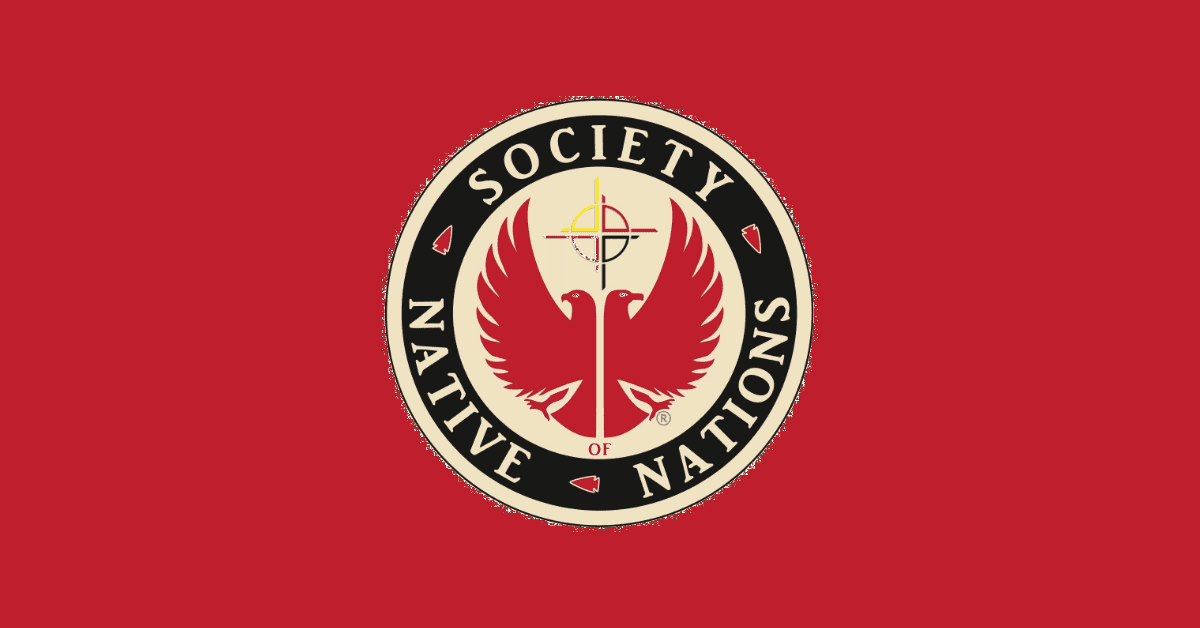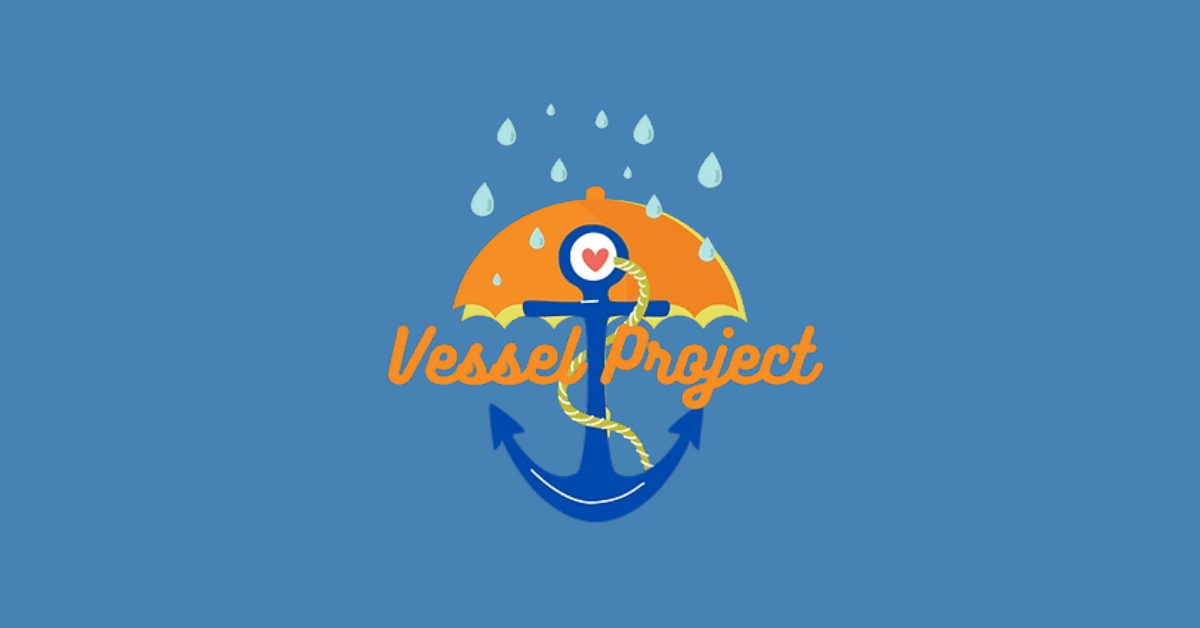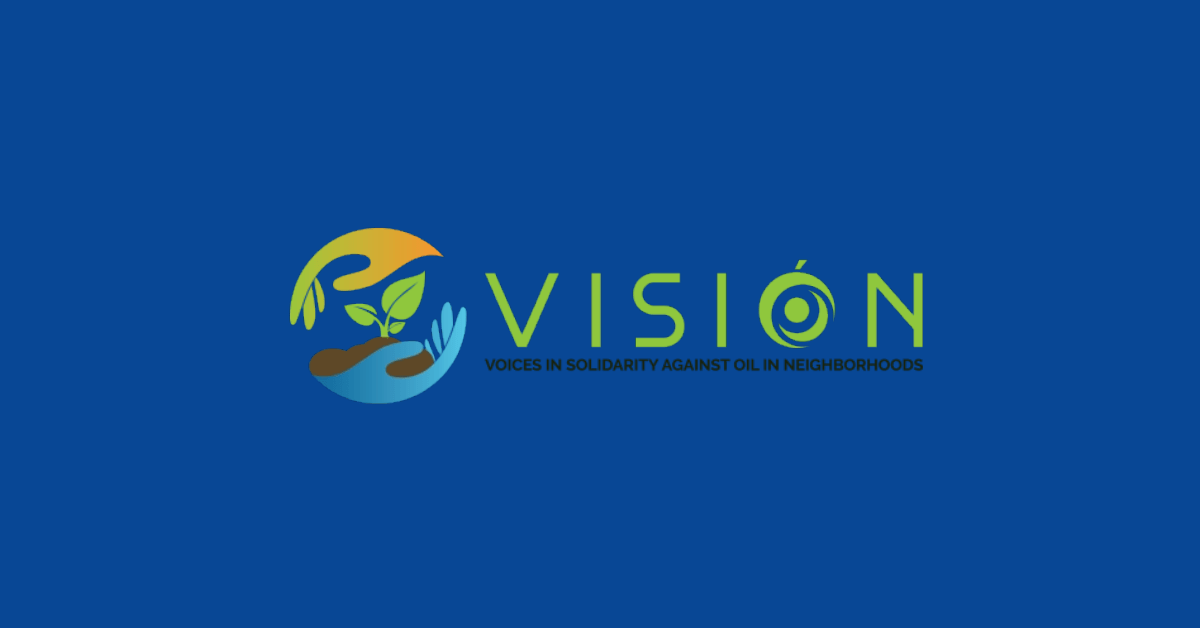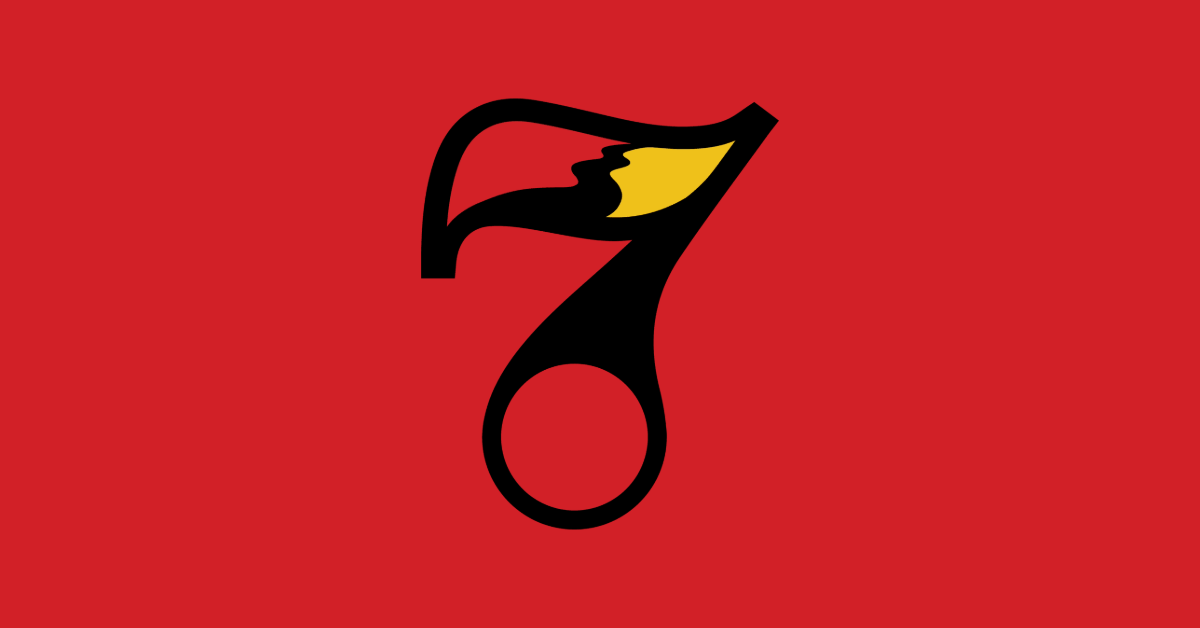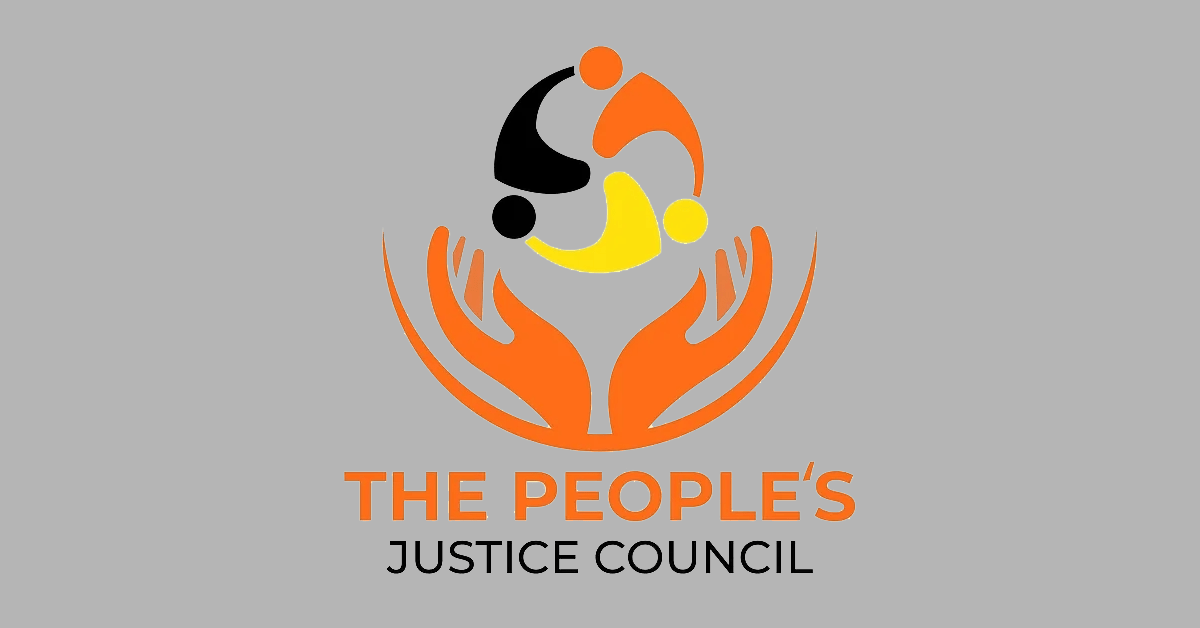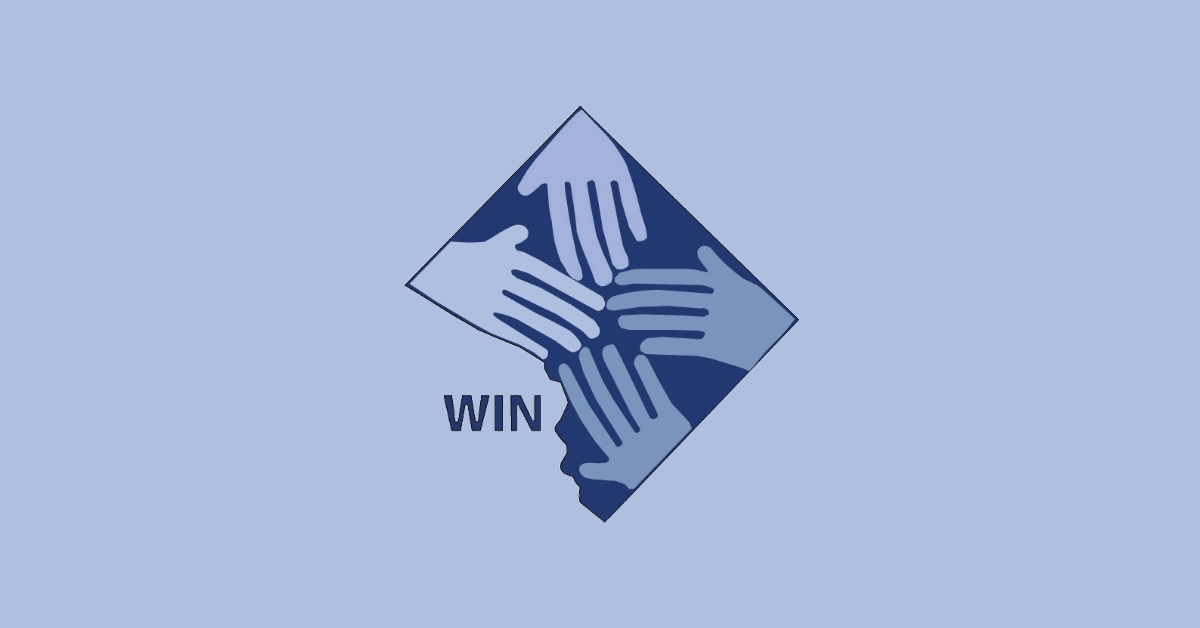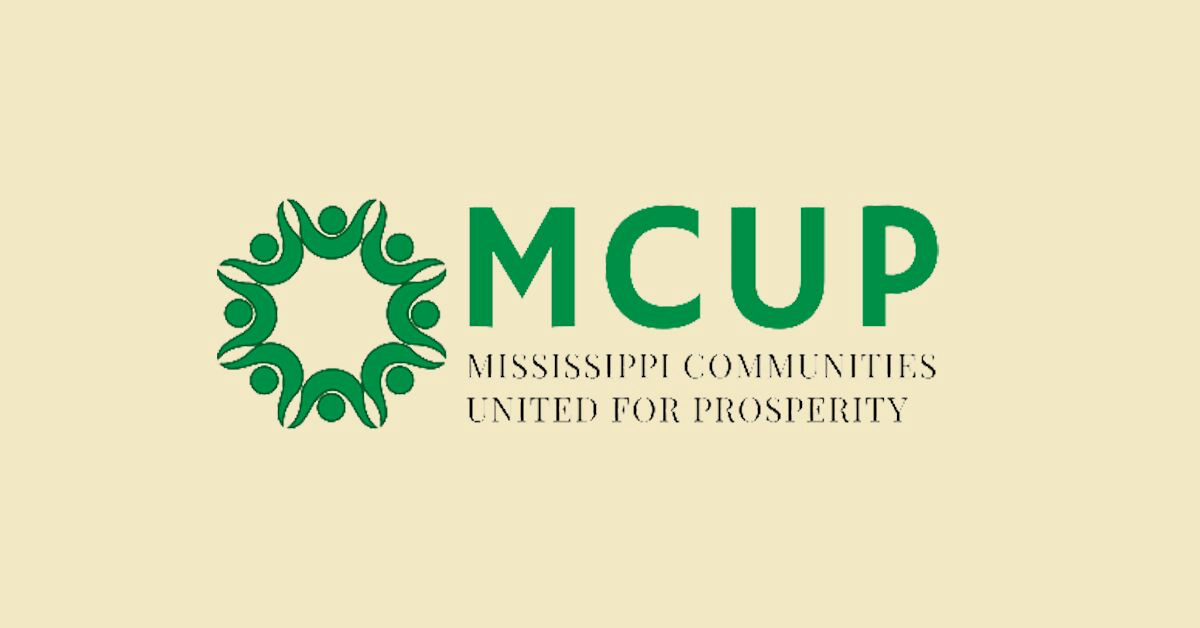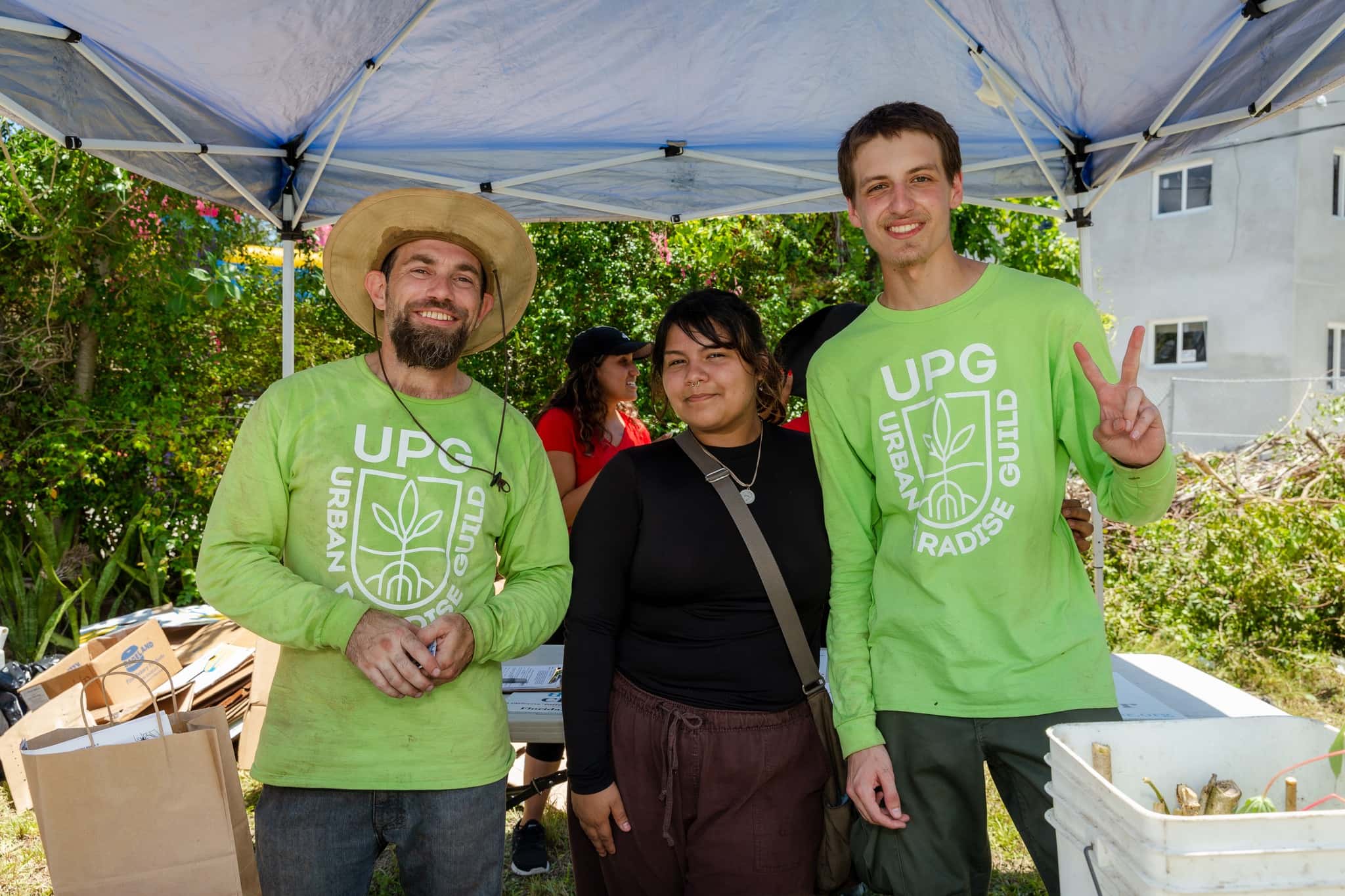
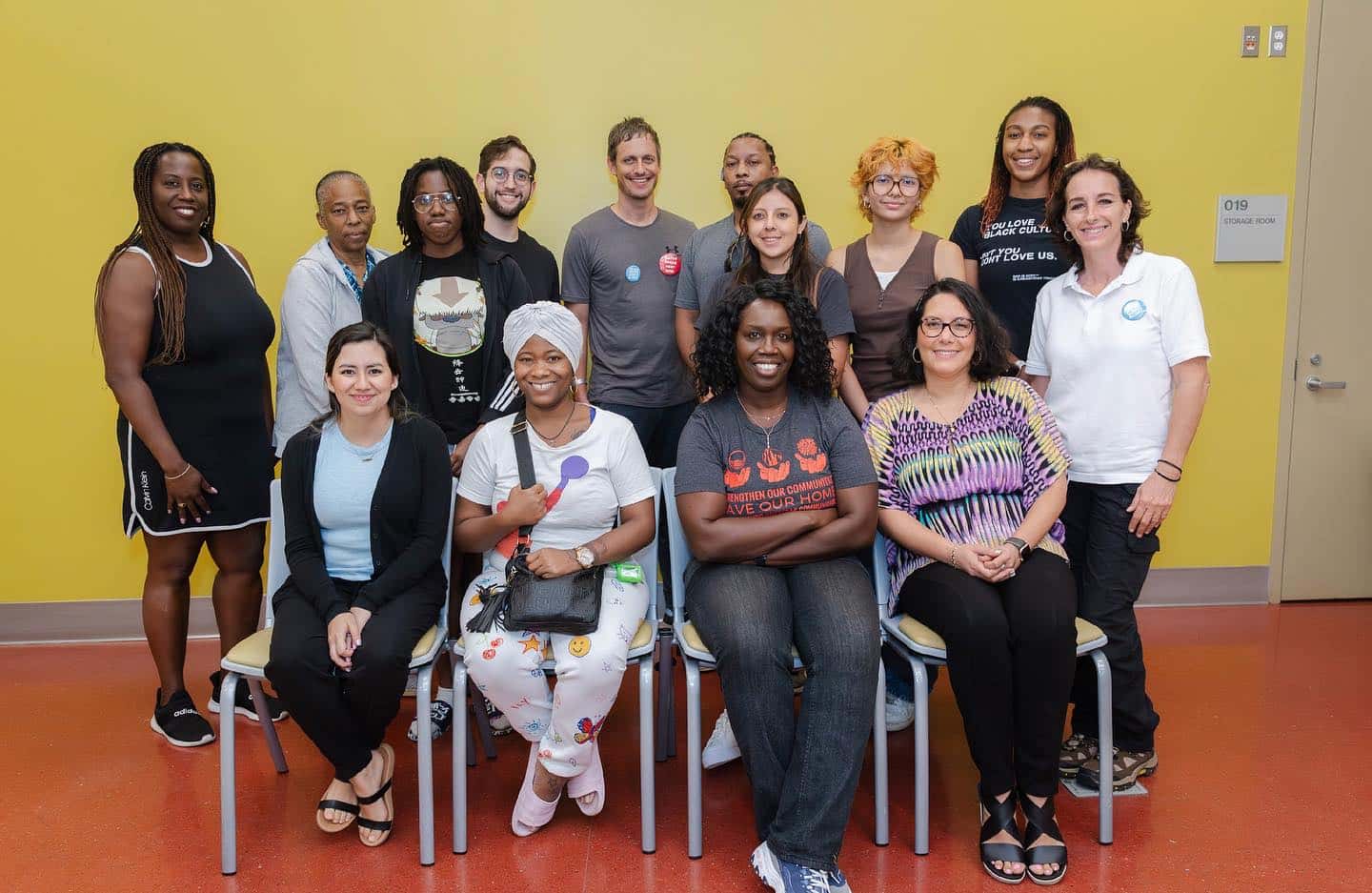
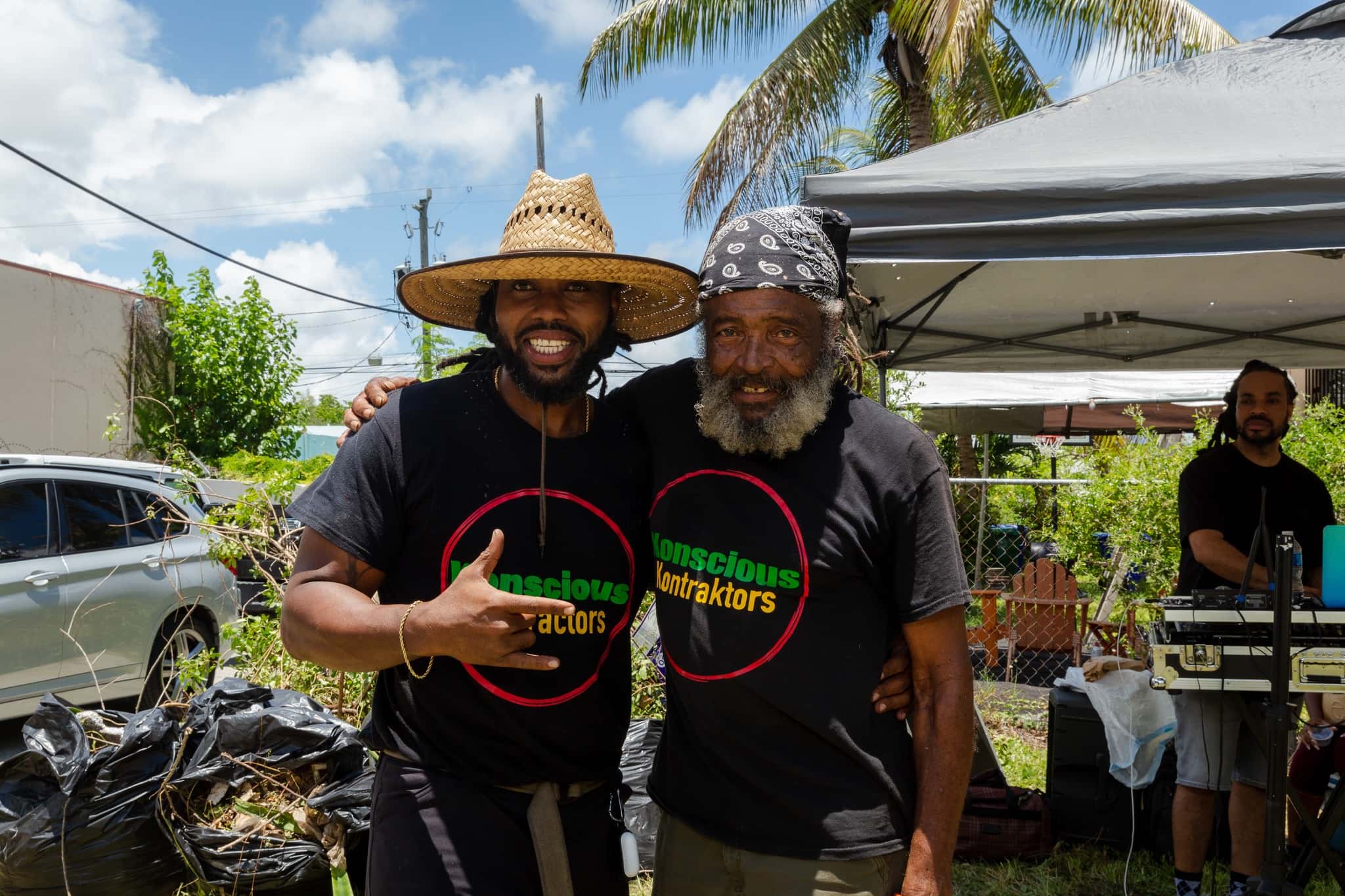
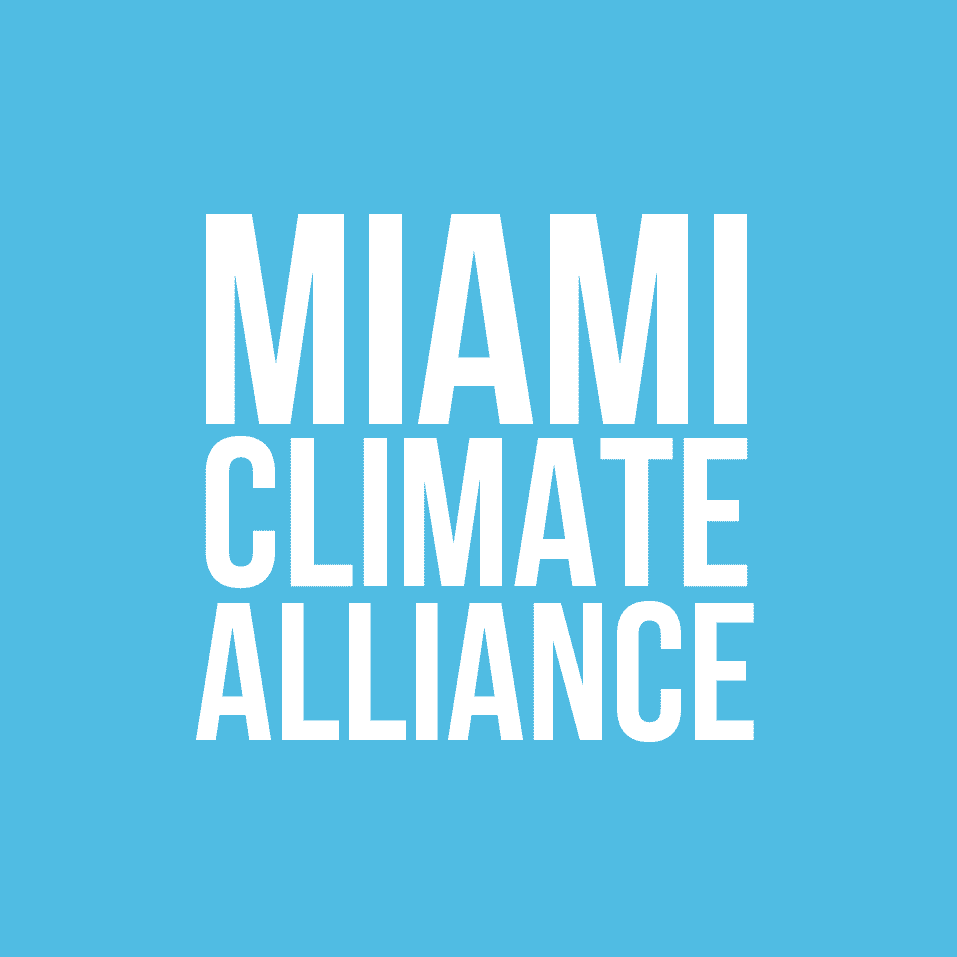
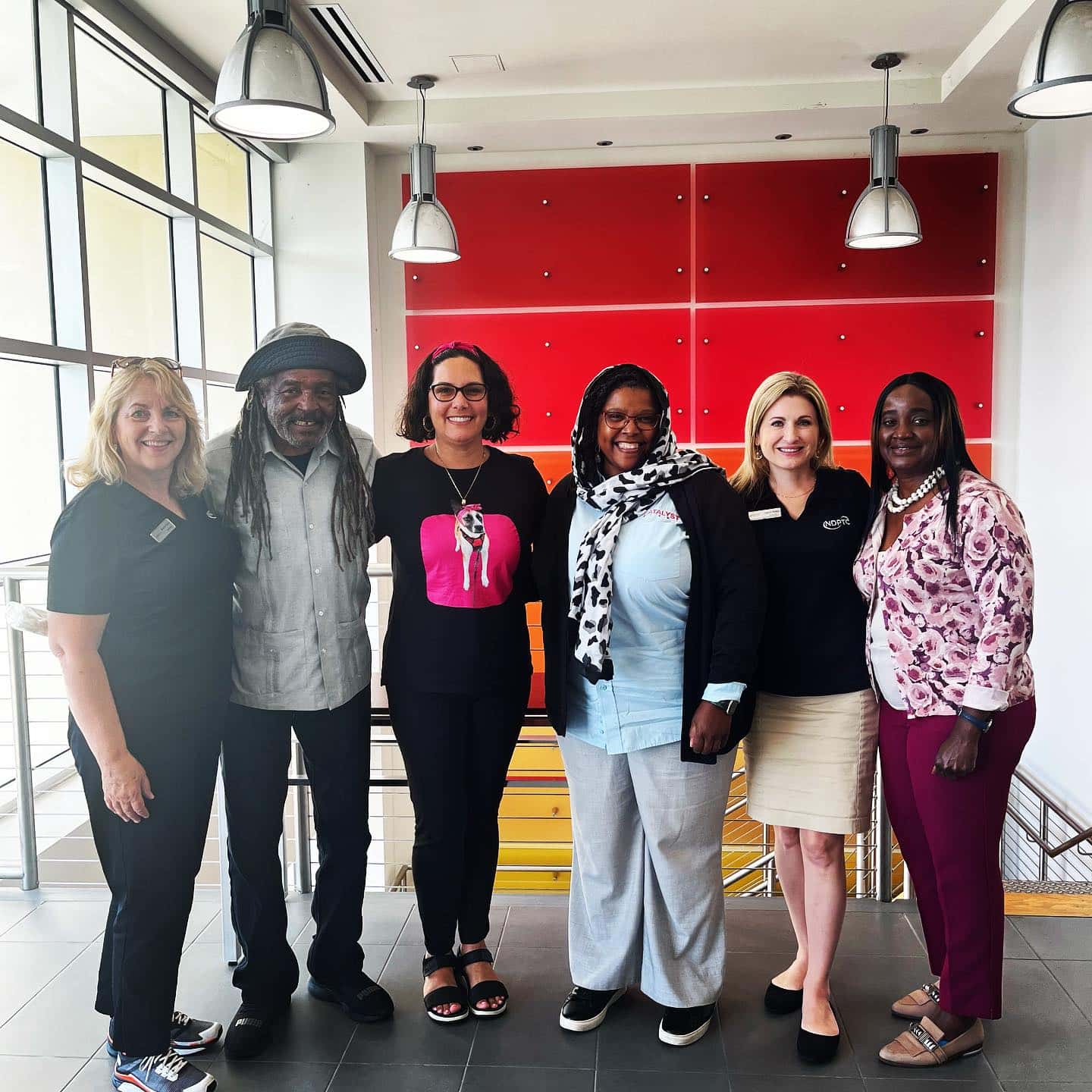
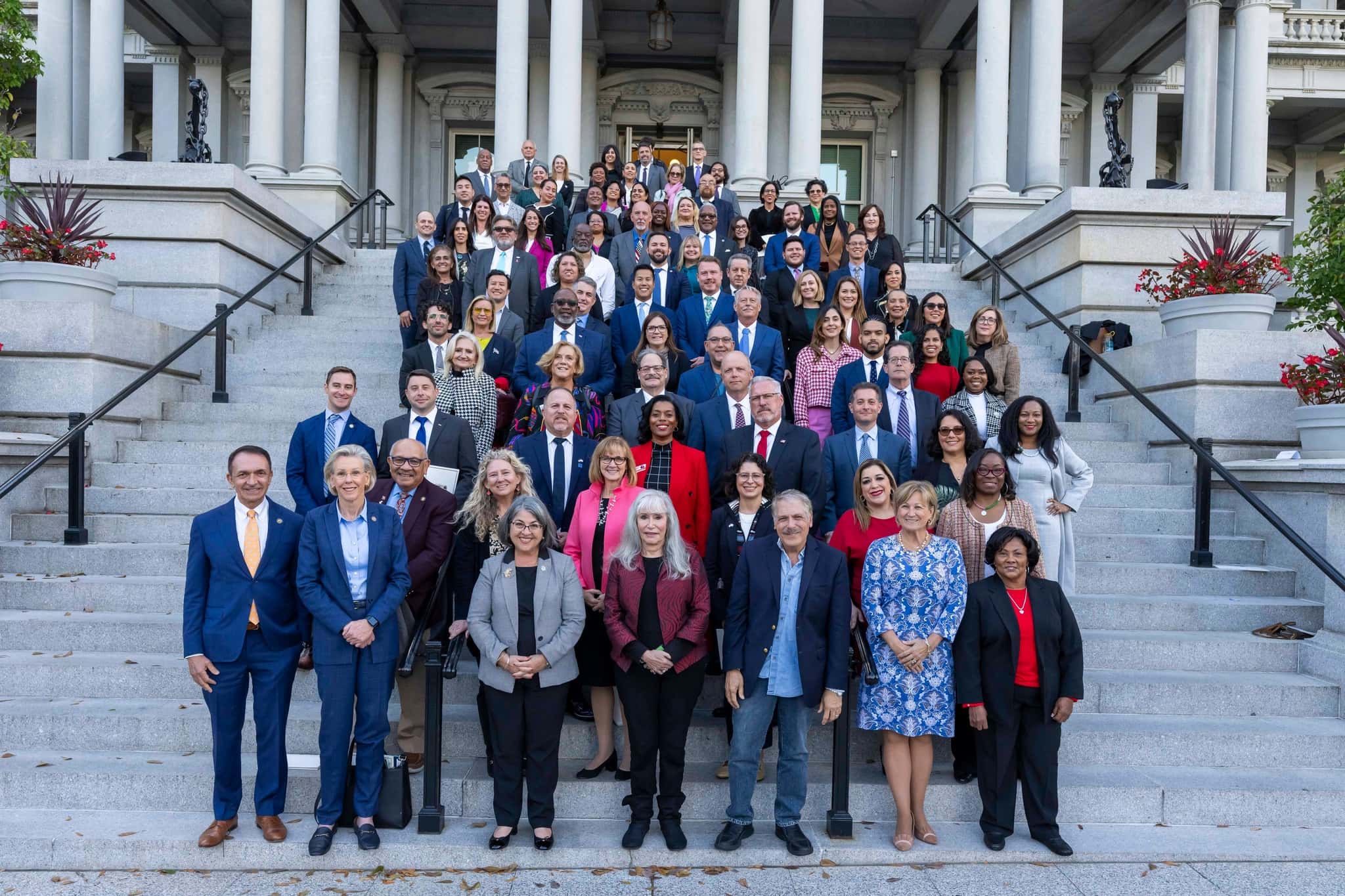
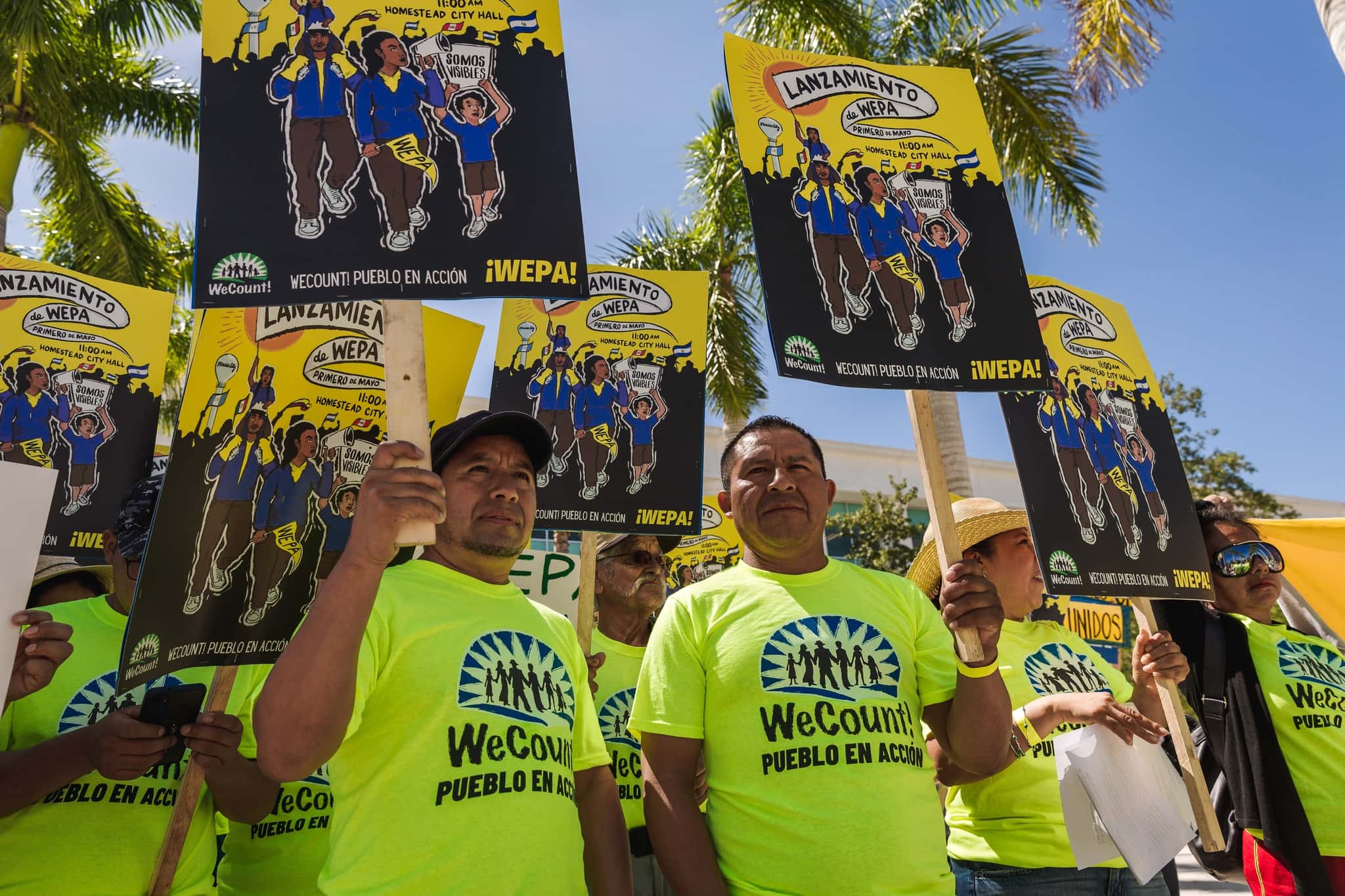
Miami Climate Alliance
Miami, FL
In 2021, Climate Nexus launched an Energy Equity Regranting Project to help resource organizations, tribes, and community leaders on the frontlines of climate change and the impactful work they are doing to fight the gas industry. The energy equity transition grants prioritize grassroots groups with an annual budget of $1 million or less to boost their efforts in racially, ethnically, gender, and culturally diverse communities across the United States and at the intersections of public health and energy justice.
In our first year running the program, nine organizations received grants ranging from $20,000 to $40,000, including Miami Climate Alliance, whose work is detailed below.
Overview
Florida is right now at the tip of the spear in the fight against extractive industries. The state is the most vulnerable place in the United States to a cascade of climate disasters, from sea-level rise and saltwater intrusion to deadly hurricanes and heat to mosquito-borne diseases to displacement and climate gentrification. Residents suffer the routine cruelty of chronic respiratory illness and the highest rates of heat stress and mortality in the nation. These conditions are particularly acute in low-wealth communities and communities of color, where high energy burdens and low-quality housing infrastructure exacerbate the social, economic, and environmental injustices created by the energy system. Though there is limited gas extraction and heating in Florida, their monopoly investor-owned utilities, which rely overwhelmingly on gas to provide power, exercise a stranglehold on the state legislature and regulators. Over the last year alone, virulent corporate lobbying secured a preemption of local electrification ordinances and decimated utility-scale energy efficiency conservation goals. It pushed forth plans to build new gas power plants funded by higher residential energy bills.
Activities
The MCA’s work breaks down into three key areas, each with its own working group:
Climate/Health
Miami experiences on average 90+ days of the heat index reaching above 100 degrees. This puts pressure on Miami’s energy systems, increases utility bills, and causes public health issues. Through the MCA Climate & Health Working Group, they worked with the farmworker-led organizations within their alliance on campaigns for outdoor workers and educated the public on the effects of heat and how to best protect themselves. This year, Miami Dade County declared its first Heat Season, and Mayor Levine Cava and The Miami Foundation established the position of Chief Heat Officer, the world’s first such position. The MCA worked closely with the County’s Chief Heat Officer, Jane Gilbert. Also, their resilience hubs program helped to prepare communities for the health impacts of heat, hurricanes, and other threats from extreme weather.
- Overview of the MCA-supported Resilience Hubs program
- Trenise Bryant, co-chair, MCA, speech at Miami Foundation Disaster Fund press conference
Energy Justice
Utility giant, Florida Power & Light has a stronghold on the state. This year, during the legislative session, the Energy Justice Working Group organized an alliance-wide effort to fight against the anti-solar bill which would have ended energy buyback credit for solar panel owners as well as imposed other fees. Hundreds of Floridians showed up in Tallahassee, wrote letters, sent emails, and participated in social media campaigns — and this effort paid off: Despite receiving strong support in both the House and Senate, Governor Ron DeSantis ended up vetoing the bill. This was a big win for Miami communities and for the future of solar in the Sunshine state.
The Gulf South for a Green New Deal
(FL-GS4GND) (#GulfSouth4GND) is a regional formation of more than 200 organizations advancing long-existing work towards climate, racial, and economic justice in five states and one colonial territory across the Gulf South: Texas, Louisiana, Mississippi, Alabama, Florida, Puerto Rico. Rooted in bottom-up organizing and driven by frontline leadership, they move together on policy, regional action campaigns, and strategic communications. As the nation’s first formation advancing a regional vision for a just climate transition, this group is committed to the realization of a uniquely Gulf South version of a Green New Deal that is anchored in the histories, realities, and power of the region. The MCA is one year into its role as a statewide facilitative anchor for the FL-GS4GND fund to support grassroots community-based organizations in Florida. This fund included 22 original signatories when it was founded in the Spring of last year. MCA moved $480,000 in grants during their first two RFP cycles. In August, they will launch their third RFP and will issue an additional $300,000 to grassroots groups statewide that are leaders in climate and energy justice efforts.
Lessons Learned
The MCA has learned from the breadth and depth of their campaign work the importance of giving the campaign’s goals and objectives a chance to breathe and take hold with their target audiences. They have learned that while they go into each fight with a clear strategy, sometimes they must take a beat, see things from another perspective, and recalibrate. For example, they have learned to pay attention to those not at the table to ensure the community is adequately represented, and their voices are heard. Another lesson learned is that once they see that they are gaining momentum, they have faith that the other pieces will move when it is time.
Future and Sustainability
The MCA has relaunched its resilience hubs program with seven trusted community-based organizations in deep partnership with the county and the city. They have started the process of becoming an independent 501(c)3.

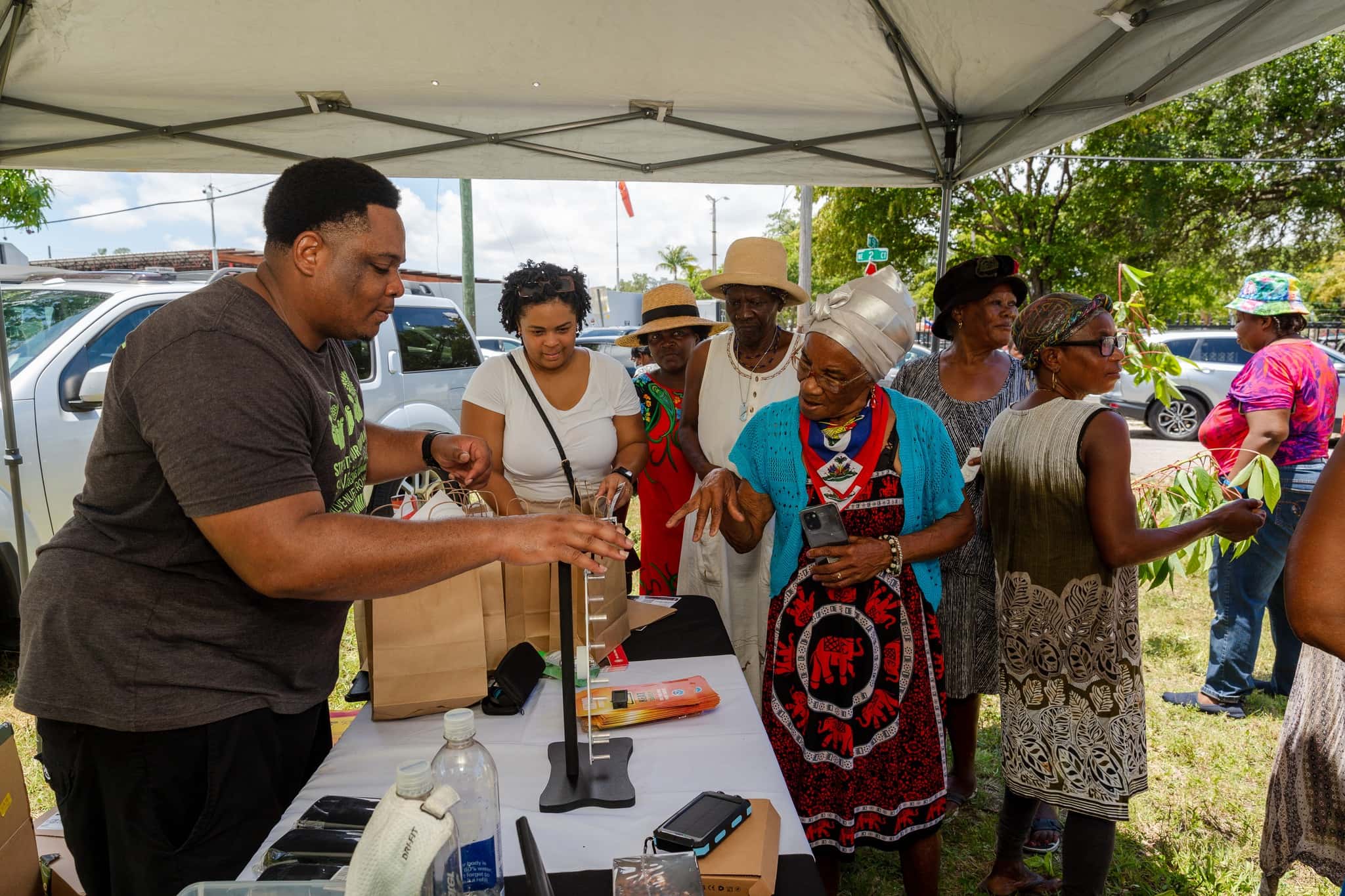



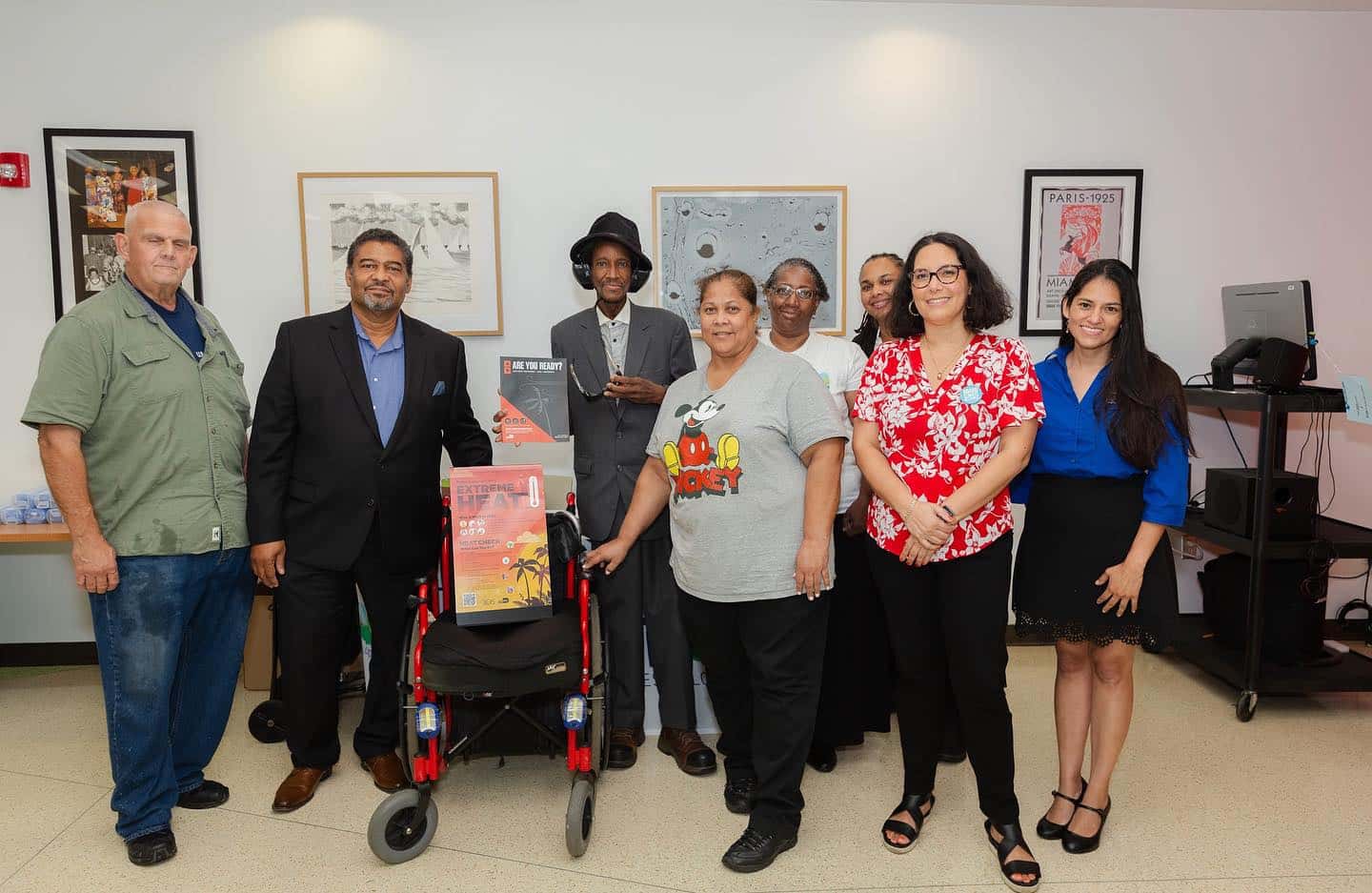
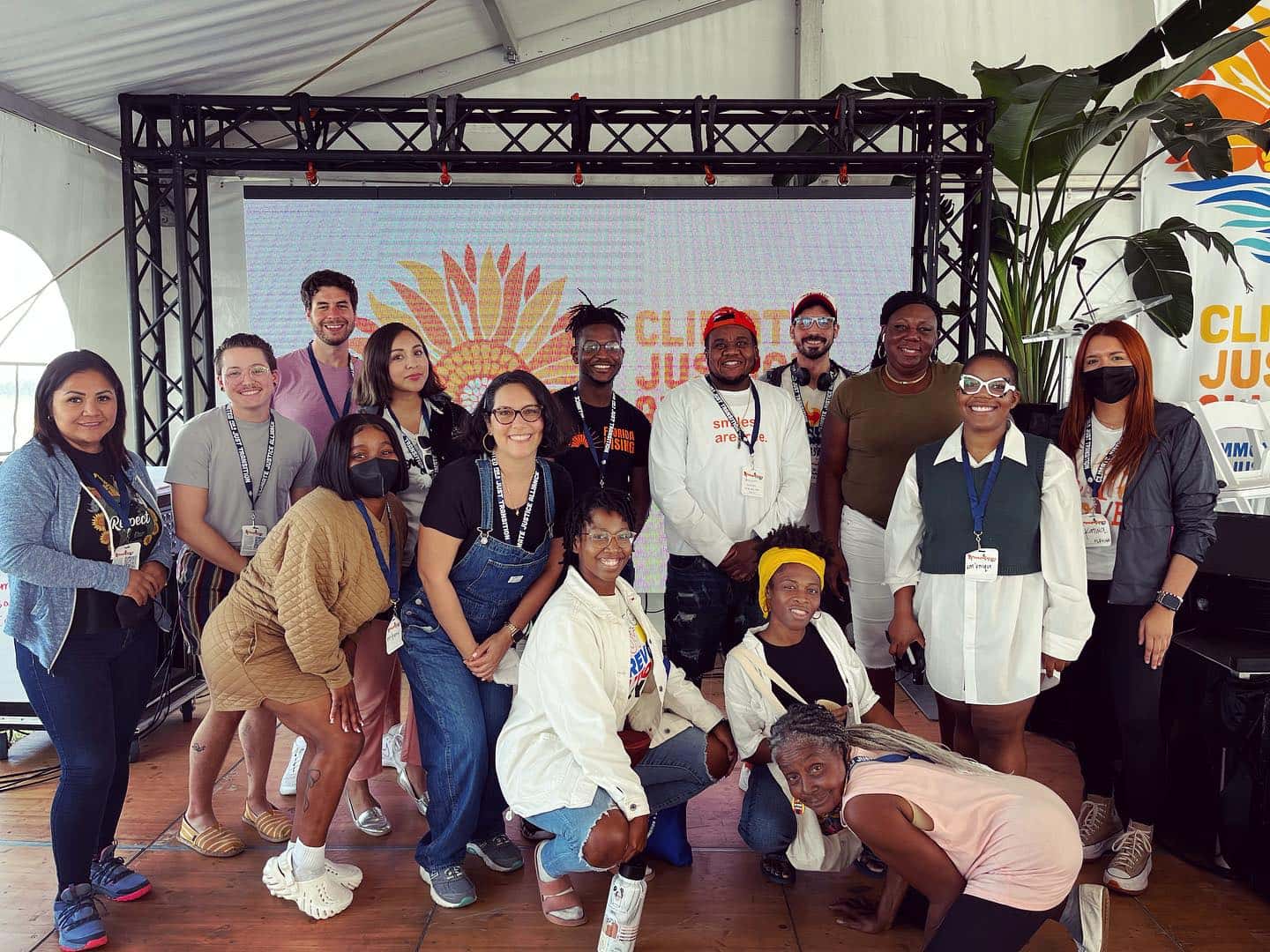

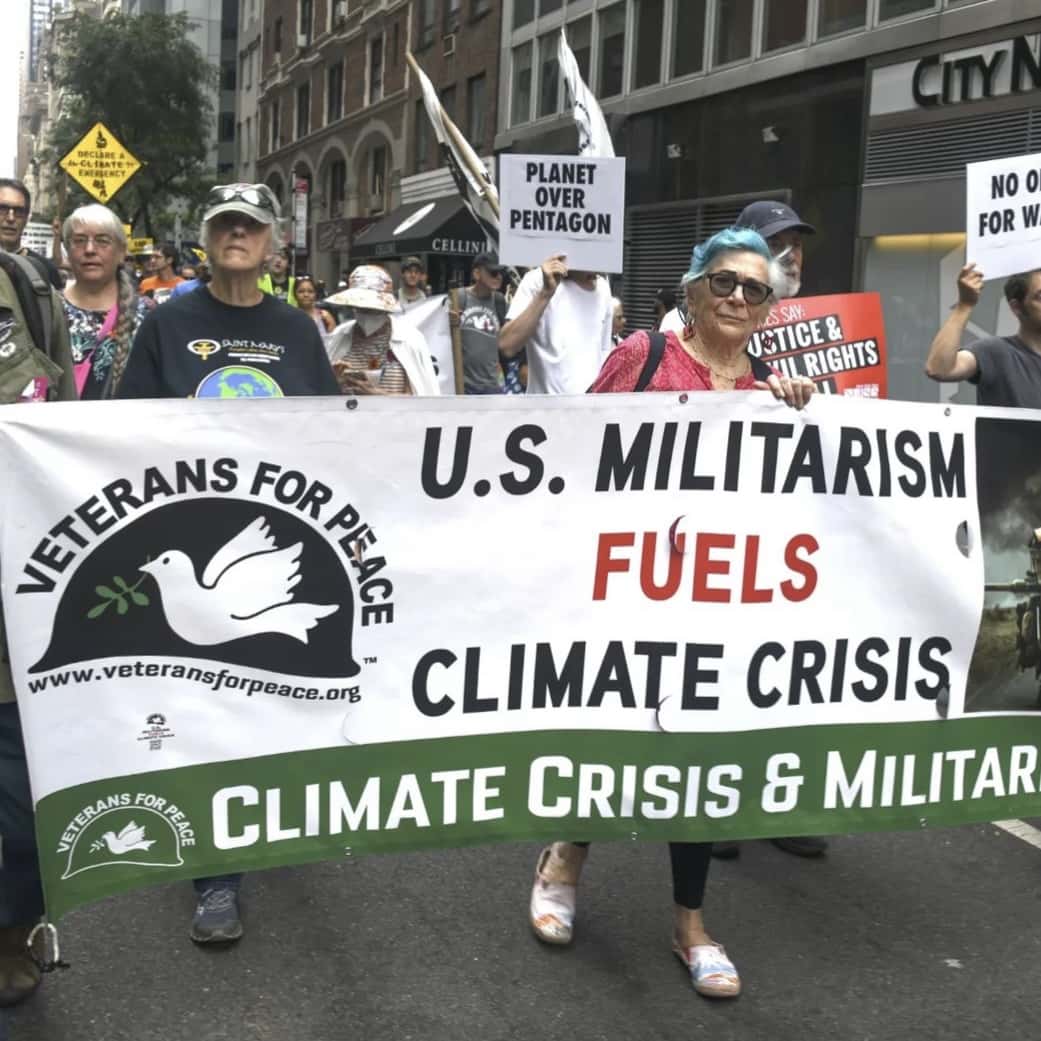

Filter Grantees by Year:
-

Earth Care
Earth Care is fighting false solutions like hydrogen and carbon capture, and is building public awareness of the health dangers of fracking.
-

Sacred Places Institute for Indigenous Peoples
The Sacred Places Institute for Indigenous Peoples is a forum for tribal communities to protect sacred sites and advance environmental priorities.
-

Rise to Thrive
Rise to Thrive builds community among Women and Femmes of Color across the country to catalyze a shift of power within the environmental movement.
-

RENEW Worcester
RENEW Worcester advances energy projects that prioritize communities and the buildout of affordable, renewable energy.
-

Viet Voices
Viet Voices educates San Diego’s Vietnamese community about sustainability, environmental health, and accessible housing.
-

Society of Native Nations
The Society of Native Nations works in Texas and California to contest the oil, gas, and petrochemical buildout from the Permian Basin to the Gulf Coast.
-

The Vessel Project of Louisiana
The Vessel Project is a mutual aid organization supporting people in Calcasieu Parish by meeting their emergency needs efficiently and without barriers.
-

VISIÓN
VISIÓN works with community organizations to establish health and safety buffer zones between oil wells and homes and schools.
-

7 Directions of Service
7 Directions of Service is fighting to cancel the Mountain Valley Pipeline’s Southgate Extension and to advance Rights of Nature laws.
-

People’s Justice Council
PJC organizes not-for-profit electricity coops around Montgomery and is organizing their constituency around energy and environmental justice.
-

Washington Interfaith Network (WIN)
Washington Interfaith Network is working to help low- and moderate income DC households switch from fossil fuels to clean and efficient electric heating.
-

Mississippi Citizens United for Prosperity
MCUP advances energy equity in Black and Indigenous communities by training women in clean energy contracting and project management.




